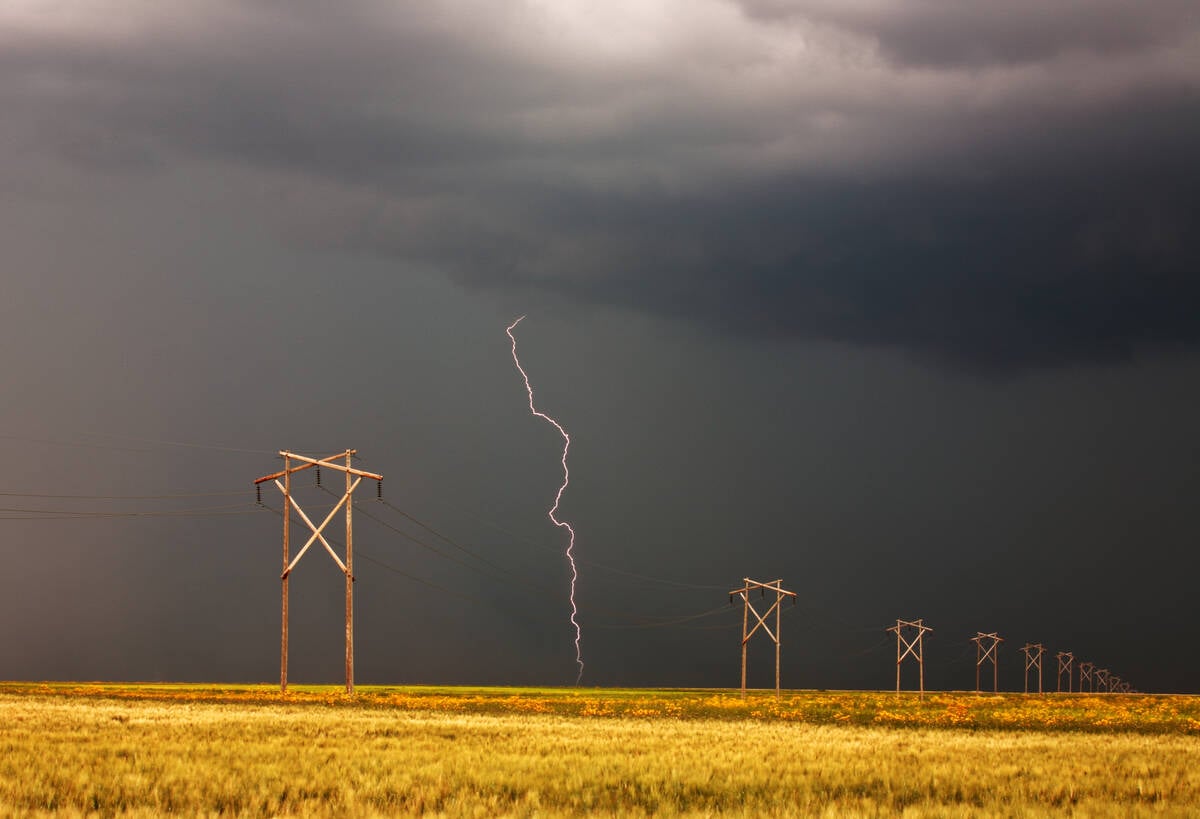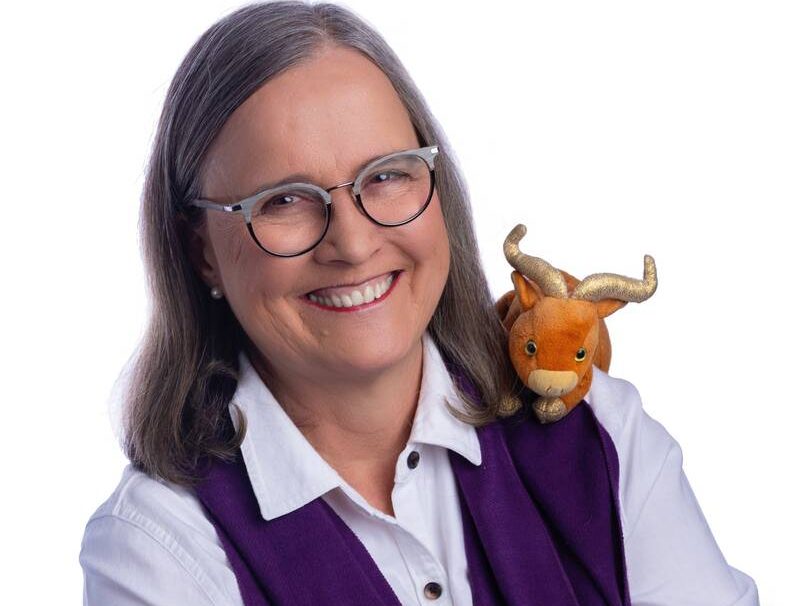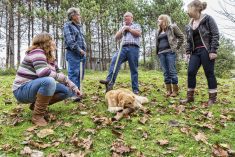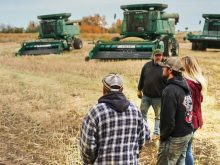Trust me, this space isn’t going to be filled with another tirade about how we as Canadians are being baited for no valid reason by the elected leader of the world’s largest economy. I’ll just say I’m glad to see such a strong defensive reaction from Canadian officials and the general public — because let’s face it, whether we like it that way or not, avoidance of conflict has been part of the Canadian brand for a while now. We’re the peacekeeper nation, right? We’re the people who famously say “sorry” for no reason; we’re the country that has a federal political party devoted to provincial separatism.
Of course there are bullies and authoritarians in all walks of life, both within and outside Canada, who seek to abuse that Canadian desire to avoid conflict in order to get their way. Also of course there are people genuinely fortified by the courage of their convictions, who will embrace conflict if it means upholding those convictions — whether they’re based in fact or not. And others just have an escalating personality, for better or worse.
Often, though, we don’t even need to have assertion or aggression — good-faith, bad-faith or otherwise — to see conflict develop. Sometimes all it takes is a lack of communication by people who, through no fault of their own, either don’t know or understand what they’re avoiding. Sometimes there’s no communication only because everyone involved wants to steer clear of the elephant in the room, rather than risk a conversation that has the potential to become an argument.
Read Also

Lightning gives and takes in Prairie fields
Lightning in fields can be a source of nitrogen but at times can result in crop damage which, at a glance, resembles a very localized disease outbreak, plant pathologist Ieuan Evans writes.
Enter our friend and longtime contributor Elaine Froese, whose final Seeds of Encouragement column appears in this issue on page 30. It takes a special kind of person to want to help people navigate their way through conflict. Much of her life has been devoted to helping farm families communicate in healthy and productive ways that defuse those conversational land mines — and also to helping those who’ve had the misfortune to step on one. It’s been our pleasure to host her regular column here in Grainews for the past 30 years — and to hear of farm families for whom her columns have been an inspiration to start or improve their own conversations, even when it’s a matter of “Discussing the Undiscussabull,” to borrow her trademarked phrase.
And for someone who’s helped farm families negotiate the peaks and pitfalls of succession planning, it only makes perfect sense that Elaine has taken a hand in her own succession plan. We’re still working out the particulars as I write this, but it’s our hope to continue to provide you with the advice and experience of Farm Family Coaches from Elaine’s team for as long as you’ll have us in your mailbox or on your phone screen.
Thank you, Elaine, for all you’ve done to keep the conversation going, both in your work and in Grainews. Let’s make sure to keep in touch, shall we?
Bayer’s beans
Just as this issue was going to press, we were gathering details on Bayer Crop Science’s announced plans for the launch of Vyconic soybeans, a trait package that includes tolerances to five different herbicide active ingredients. Look for more details here or in the next print issue, but for now, we’re informed that these new beans are expected to be available in a maturity range that allows them to be grown up here in Western Canada.
Meanwhile, you’ll be reading some more in this issue about growing soybeans on the Prairies, so if that interests you, you’ll want to make sure to check out our coverage on this new development.
Correction
I’ve said before that I want to make a point of featuring corrections in this space, rather than tucking them away elsewhere in the paper. And yes, that includes correcting any errors I’ve made in this space in the first place.
In our Feb. 25 issue, where I was going on about Canadian agriculture’s need to boost its international exports beyond North America in light of recent events, I referred here to a review of the outcomes of the Legacy Fund, a beef market development fund set up by the federal government in 2005. I wrote that the review came out in 2015, when in fact it was in 2014.
If you want to see that review, I’ve put a link to it in the online version of that column.
As always, don’t hesitate to reach out with any questions, comments or concerns about what you read here. I’m aware that I have an irritating tendency to try and avoid conflict, though, so keep that in mind.
















